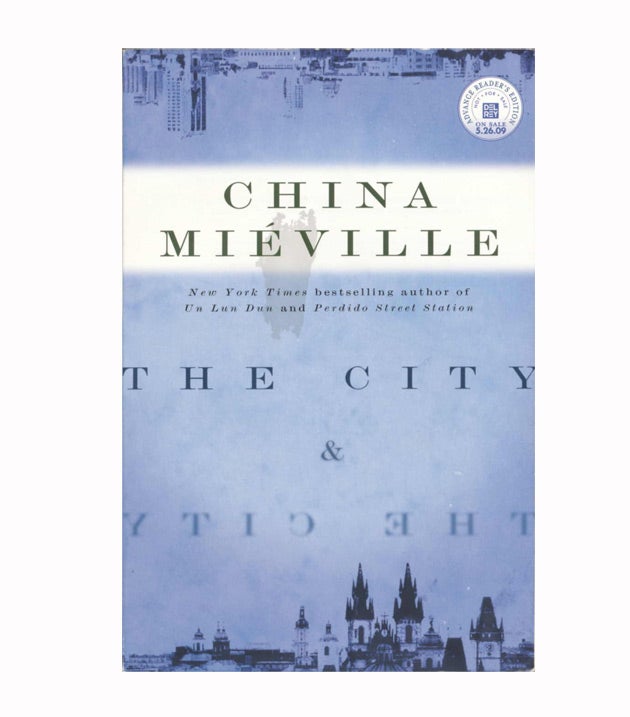The City and the City, By China Miéville
Modern life can be murder

The doppelgänger has long been a troubling presence on the dark side of European literature. In China Miéville's fifth novel, we have the doppelgänger city: an urban presence where one side disturbingly echoes the other.
The divided city is an anxiety of our time: Jerusalem, Belfast, Berlin. Here, we have a location apparently somewhere in the Balkans, on the boundary of two states with interlocking capitals, Ul Qoma and Beszel. A long history of dispute has ensured that citizens can meet only under the most difficult circumstances and both governments are obsessed with controlling access. Even to acknowledge the presence of the other side is a terrible violation punishable by a mysterious secret service, Breach. A group of extremists, intellectuals of course, dares to propound unification.
Caught in this literal urban dilemma, Inspector Borlu is charged with a murder investigation of extraordinary delicacy, for the body found on the Beszal side is that of an American student at the University of Ul Qoma. The deceased Mahalia's thesis on identity was safely in the realm of speculation, but she developed a dangerous desire to get her hands on actual artefacts from the age of Pre-Cleavage.
Who killed her, and how many other deaths will follow? A British expat archaeologist turns out to be a spy, but is he more culpable still? Borlu, aided by his female sidekick Corwi, has to cross into a state where he is in constant danger, and the dead girl's parents are literally innocents abroad.
The premise is wittily worked out and extends to every detail of life in these just-plausible fantasies. The Beszel language has acquired the terms "gudcop" and "badcop"; Ul Qoma is graced by the Prince of Wales University.
Miéville's inventiveness and precision is awesome. Yet I found the characters one-dimensional, as if the reader's empathy would almost be a Breach in itself. It may be that, for the duration, this deeply sensitive author deliberately retreated from emotional depth.
Join our commenting forum
Join thought-provoking conversations, follow other Independent readers and see their replies
Comments
Bookmark popover
Removed from bookmarks